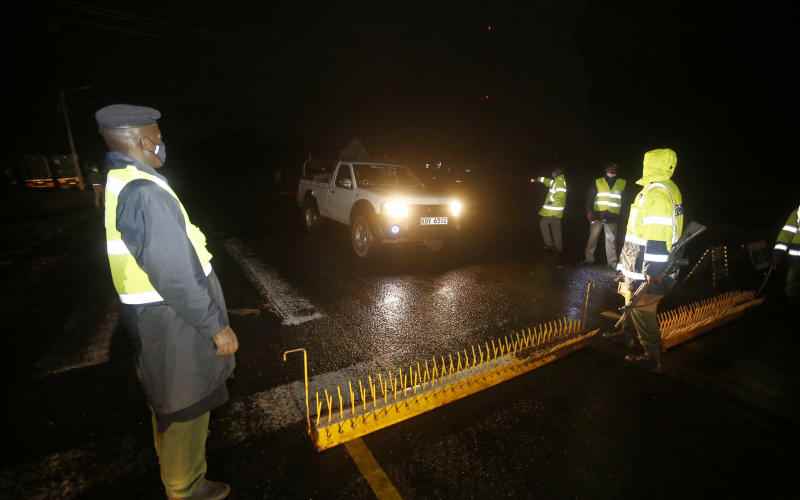×
The Standard e-Paper
Home To Bold Columnists

It was swift and unexpected, but measures put in place to check the rising cases of Covid-19 in five counties have come with devastating effects.
The real impact of the government’s decision has been stinging, with statistics indicating that over 100,000 jobs have been lost in Nairobi, Machakos, Kiambu, Kajiado and Nakuru counties in the last month after the lockdown.